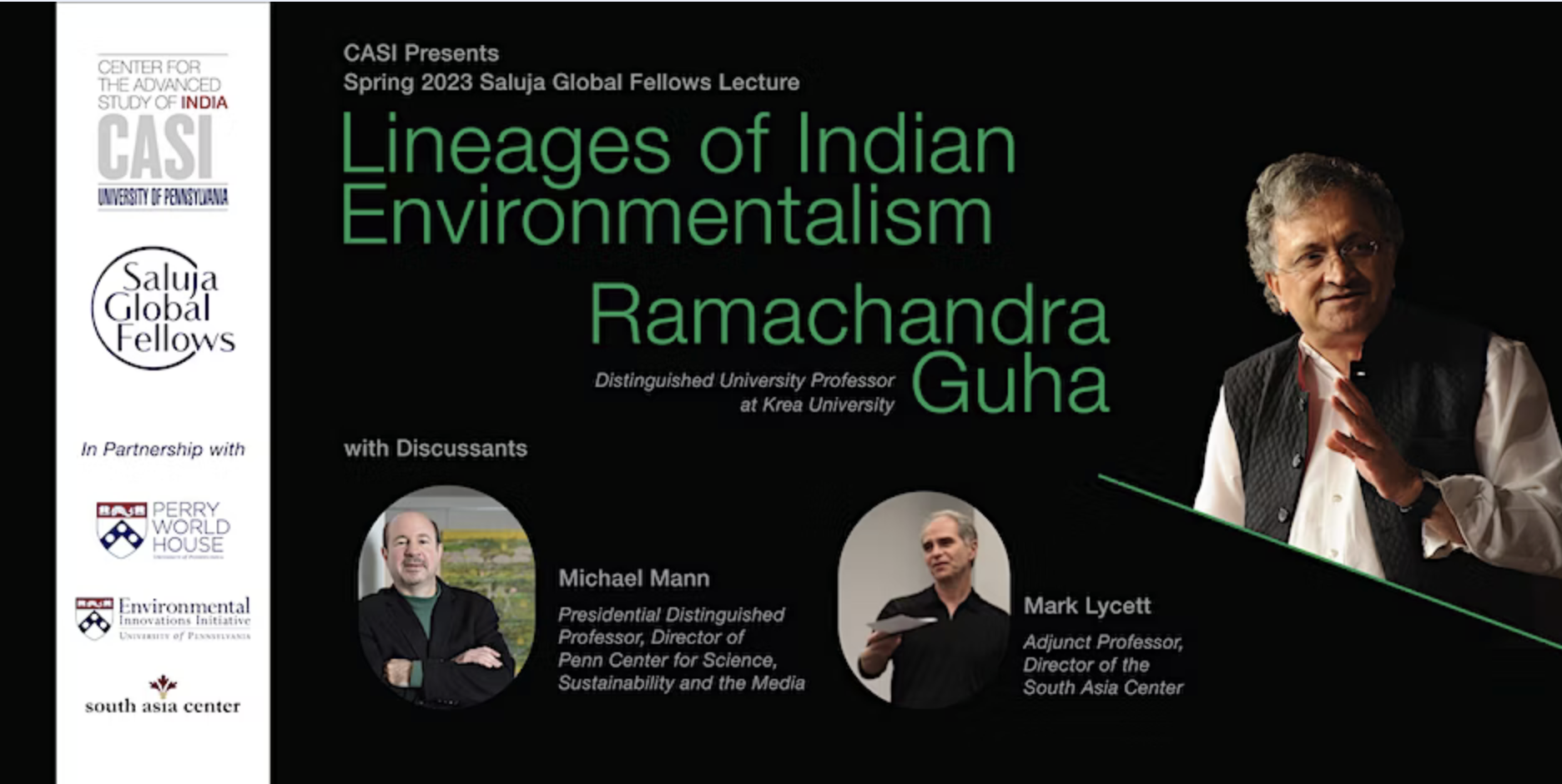The last week of March 2023 marked the 50th anniversary of the birth of India’s most celebrated environmental movement, the Chipko Andolan, a peasant struggle against commercial forest felling in the Himalaya that quickly acquired iconic status. Chipko sparked a wide-ranging environmental debate within India involving scientists, social scientists, and grassroots activists, which critically interrogated the forest, water, energy, biodiversity, and urban planning policies adopted by the Indian state. Ramachandra Guha’s first book, The Unquiet Woods, dealt with Chipko and its implications for the future of nature and humanity. In later work with the Catalan scholar Joan Martinez-Alier, he developed the idea of the “environmentalism of the poor,” as articulated in the Global South, and whose contours were notably different from the “ecology of affluence” more characteristic of the Euro-American world. His current research complements those studies of what we might call “environmentalism from below” with an intellectual history of early Indian environmentalism. This excavates the work of a forgotten cohort of writers, scientists, and social scientists, who from the late 19th century onward, warned against mechanically emulating Western patterns of economic growth whose resource-intensive, capital-intensive, and energy-intensive methods were not altogether appropriate to the ecological and demographic context of the sub-continent. In this Saluja Global Fellow Lecture, Guha will present the first fruits of his research on this group of precocious and pioneering thinkers, whose work strikingly anticipated the environmental concerns later expressed by Chipko, and still later through the climate change debate.



